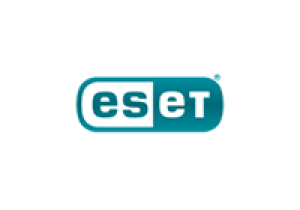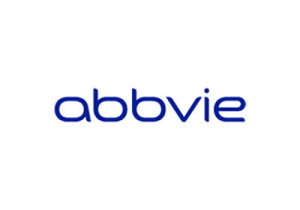
Bohdan Urban
After studies at the Faculty of Law of Masaryk University in Brno, he worked at the Ministry of the Interior of the Czech Republic as the Administrative Counsellor for Security Legislation. In 2006-2012 he worked briefly as a specialist and then as a project manager for foreign projects at ČEZ a.s. – among others. in the area of unbundling. He worked as a Director of the Department of Public Administration and eGovernment of the Ministry of the Interior of the Czech Republic, subsequently in the area of eGovernment as Director of the eGovernment Department of the Ministry of the Interior, later as Director of the company PRAHA 10 - Majetková. From 2017 he is Director of the Department of Information and Communication Technologies at the Ministry of the Interior of the Czech Republic; this activity, among others. includes the preparation of conceptual materials for the development of Ministry’s ICT (Infrastructure, Services, Pegas Peoples Network) and Operational and Conceptual Management of Projects Co-financed from the EU with a National Competence (in the Field of Operation and Development of ICT).
-
Knowledge Government pro eGovernment a Smart Cities
In the world, the need for effective use of available information is growing - especially:
- Quickly find all important information relevant to the problem
- Quickly discover and present the relationships of the partial information to each other with taking into account the different aspects of the problem
- Maintain knowledge gained in the processing (interpretation) of information and problem solving so that it can be further shared and systematically exploited.
An entity that does not have a similar system and does not learn to use it sooner or later will not be able to compete (like in the private sphere).
This trend in the digitization area needs to be perfected by the "helpdesk" for situations that can not be solved 100% online.
The object of the indicated interest should therefore be the creation of a knowledge management environment in public administratition and the exchange of knowledge and experience among experts, officials and institutions of various levels of public administration. The purpose is primarily to reduce duplication in public administration activities, to introduce benchmarking and benchmarking on an international scale, to share and exchange best practices, to use the results of the Process Modeling Agenda (PMA) project, to structure and sort data in shared space, and to co-operate at the level of the Chief Architect of eGovernment.

















